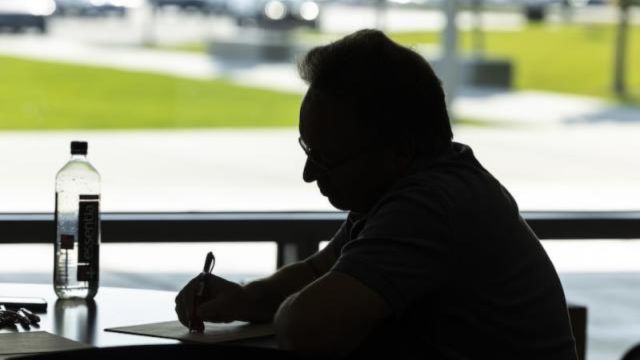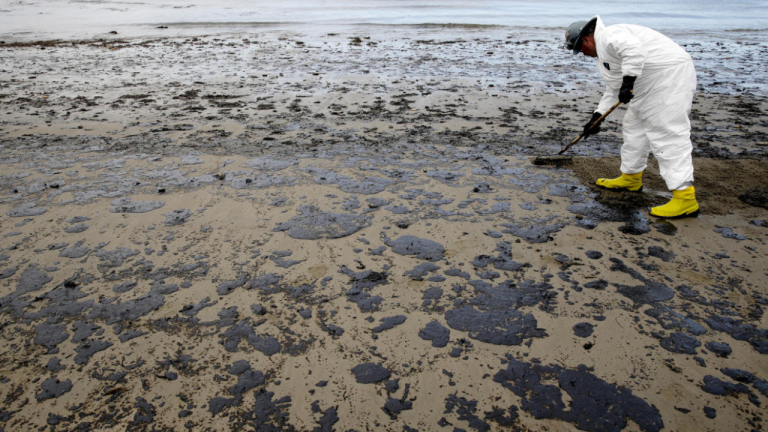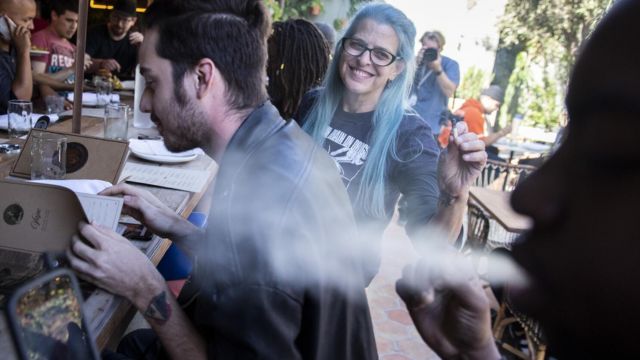In Florida’s public education system, there’s a controversial practice that’s still allowed: corporal punishment. While many states have moved away from physical discipline in schools, Florida lets teachers use measures like spanking and paddling under certain rules.
This article explores the legal side of corporal punishment in Florida, looking at what it means for students and raising concerns among parents.
In the past, news rarely talked about students challenging authority, but today it’s different. The idea of well-disciplined classrooms, where students quietly learn through repetition, started a long time ago. However, recent events have brought corporal punishment back into focus, making us take a closer look at why Florida is sticking to this approach.
In Florida, corporal punishment includes things like spanking and paddling in public schools, which sets it apart from other states. The law says parents need to agree before any physical discipline happens. Also, there has to be another adult present who knows about it.
This part of the article explains the details of Florida’s rules on corporal punishment, giving a clear picture of how these disciplinary measures are regulated.
Related News:
- Empowering Our Kids Through Education: Our Role
- Empowering Arts Education: California’s Innovative Toolkit Unveiled
- New Mexico State House Education Legislation Update
In the 1990s and 2000s, there was a change in how schools dealt with students after some committed serious crimes. Media showed schools like war zones, leading to strict “zero tolerance” policies. As ideas about discipline and punishment changed, many schools, including those in Florida, started rewarding students for doing well instead of just punishing them for bad behavior.

For parents like the author, whose grandson has emotional delays and erratic behaviors, the impact of corporal punishment is a big concern. With the recent adoption, questions arise about how the school’s rules might affect him. This section talks about the challenges and things to consider for students with special needs in a system where physical discipline is still allowed.
























+ There are no comments
Add yours